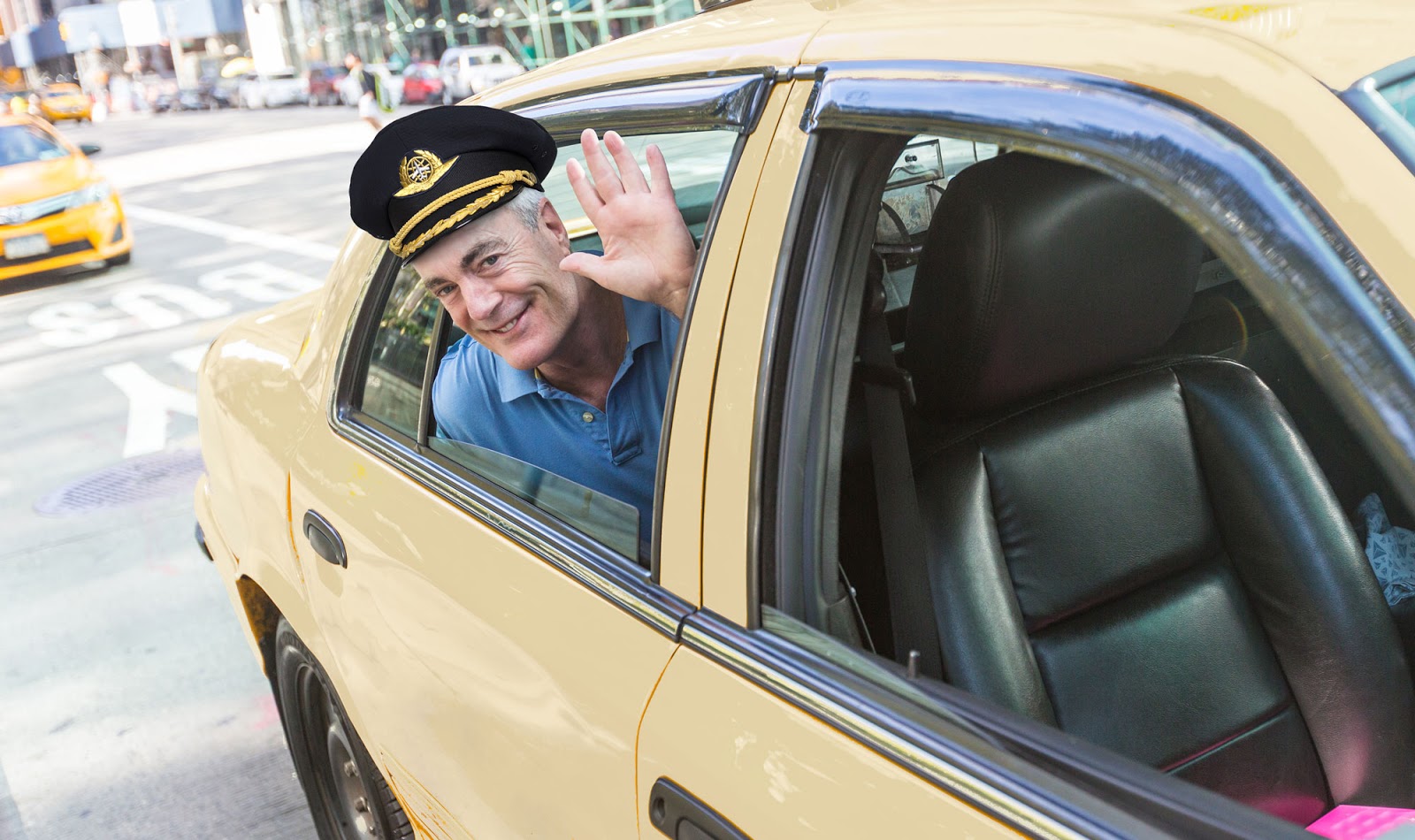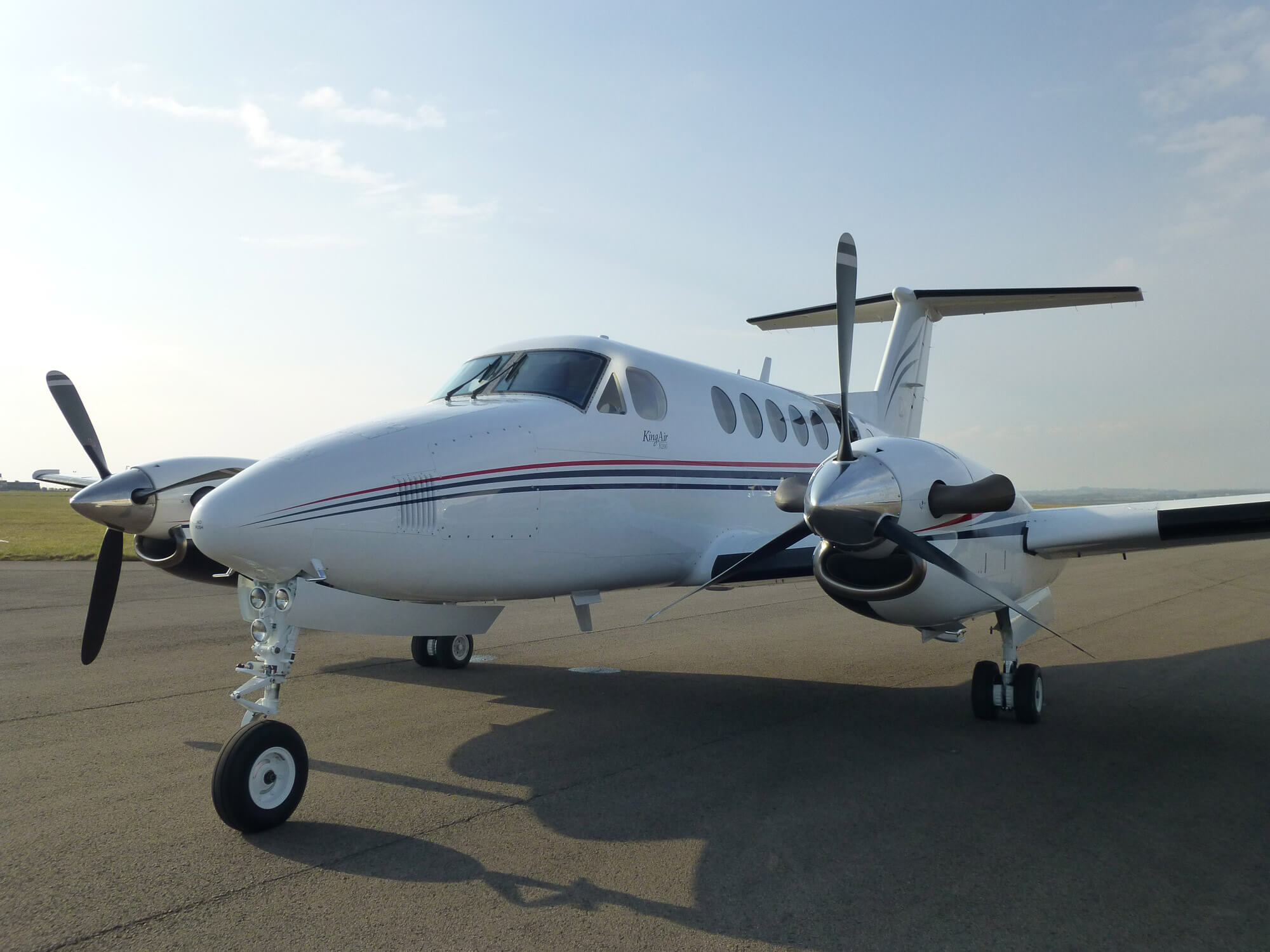
“Our aspiration is to not just build and certify a revolutionary aircraft, but to operate a commercial passenger service that saves people time with minimal impact on the environment,” said Bonny Simi, head of air operations and people at Joby.

The company plans to cross that finish line by the end of 2022, and bag one of the three regulatory approvals it will need to launch service as planned in 2024. The fifth phase is completed by final FAA approval and issuance of the Part 135 certificate, which is requisite for Joby eVTOL to operate as air taxis above US cities.
#Air taxi part time pilot manuals#
To that end, FAA representatives have begun monitoring Joby’s current staff of pilot instructors, and gauging their command of teaching and operational procedures as stipulated in the company’s manuals and training program. Like the one that preceded it, the fourth step involves the FAA reviewing and approving aircraft and operational manuals, and observing candidate companies at work to guarantee their full regulatory compliance. That accident notwithstanding, the reason for the delay between completion of the third phase and start of the fourth was probably administrative or procedural, given Joby’s eagerness to finish the process.

The company only filed to begin the Part 135 Air Carrier marathon last June, and in August completed the second stage – involving among other things, Joby says, “submission of a complete package of manuals.” Last week the company commenced the fourth and penultimate phase at around the same time the National Transportation Safety Board issued a preliminary report finding the February 16 crash of a Joby air taxi prototype was caused by “a component failure.” Joby appears to pursuing its push to obtain FAA certification of its eVTOL air taxis at warp speed.


 0 kommentar(er)
0 kommentar(er)
